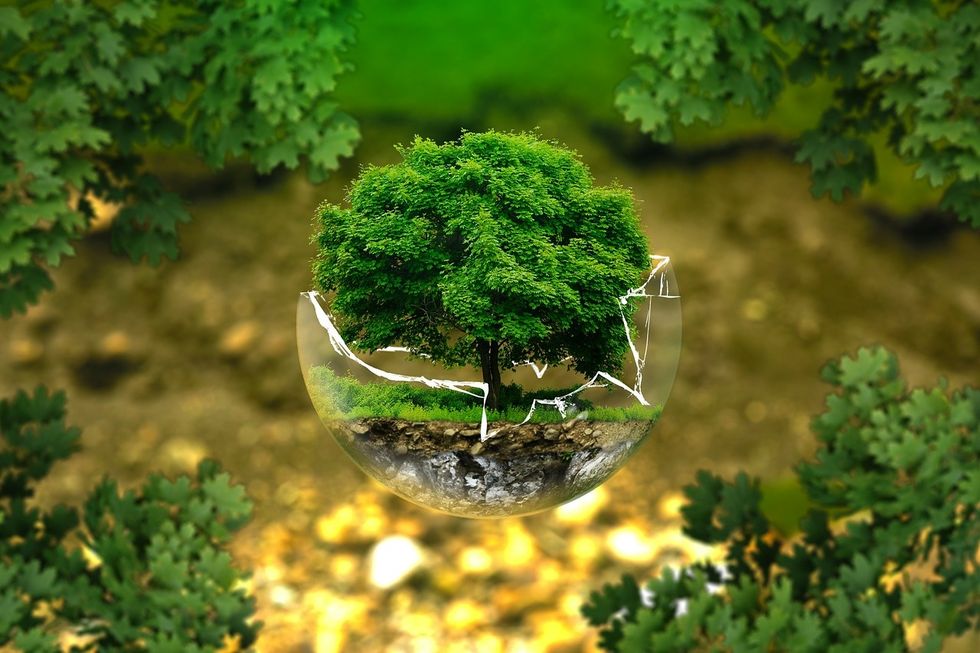Every single one of us is contributing to the downfall of our environment, let me explain. We are consumers meaning we play a vital role in our economic system, but it comes at a great cost to our environment. Every single day more than half a billion plastic straws are used worldwide. Where does all of this plastic go? This plastic goes into landfills, or even more detrimental, the ocean. It is estimated that there are currently 165,000,000 US tons of plastic in the ocean right now and it is increasing at a rate of 8,800,000 US tons per year. What does this mean, and why should we care?
The Environmental and Human Health Impacts
1. Entanglement
Entanglement or ghost fishing is becoming an increasingly important issue that has arisen from the amount of pollution from plastics in the oceans. Many marine animals are becoming caught, injured, and even killed from the various pollutants in today's ocean waters. Lost fishing nets are especially dangerous because they lead to "ghost fishing". Ghost fishing is whenever nets are no longer controlled by fisherman but animals are still being trapped and killed by the nets.
2. Ingestion of micro plastics.
Microplastics are one of the worst offenders for ocean pollution, along with fishing nets. One of the main reasons it is so hard to clean our oceans is because of these micro plastics. Micro plastic is defined as plastic that is five millimeters or less in size, meaning it is easily blown around by wind and swept away in currents making it extremely difficult to extract from the ocean. Because these pieces of plastic are minuscule, fish and other sea creatures ingest them on a daily basis. When we then go to consume sea food we are actually ingesting the same micro plastic. We also are exposed to micro plastics from sea salt, tap water, beer, and honey. More studies need to be conducted to determine the long term effects of ingesting these plastics, but we can infer that it is less than ideal.
Involuntary migration of species.
Plastic particles floating in our oceans are bringing a new wave of invasive species to the shores of the United States and other countries. Scientist have found that some species of squid, crab, algae, and gastropods have attached themselves to plastic floating in the ocean and have then been carried to other parts of the world though the currents the plastic travels through.
While we all cannot go out into the middle of the ocean to pick up pieces of plastic; we can do small things in our everyday lives that will make a big impact. These things include, not using single-use plastic straws at restaurants, reusing plastic as much as possible ie. plastic cups and containers, and just being conscious of what you are putting back into the environment. We only have one mother earth, its time we started acting like it.

















